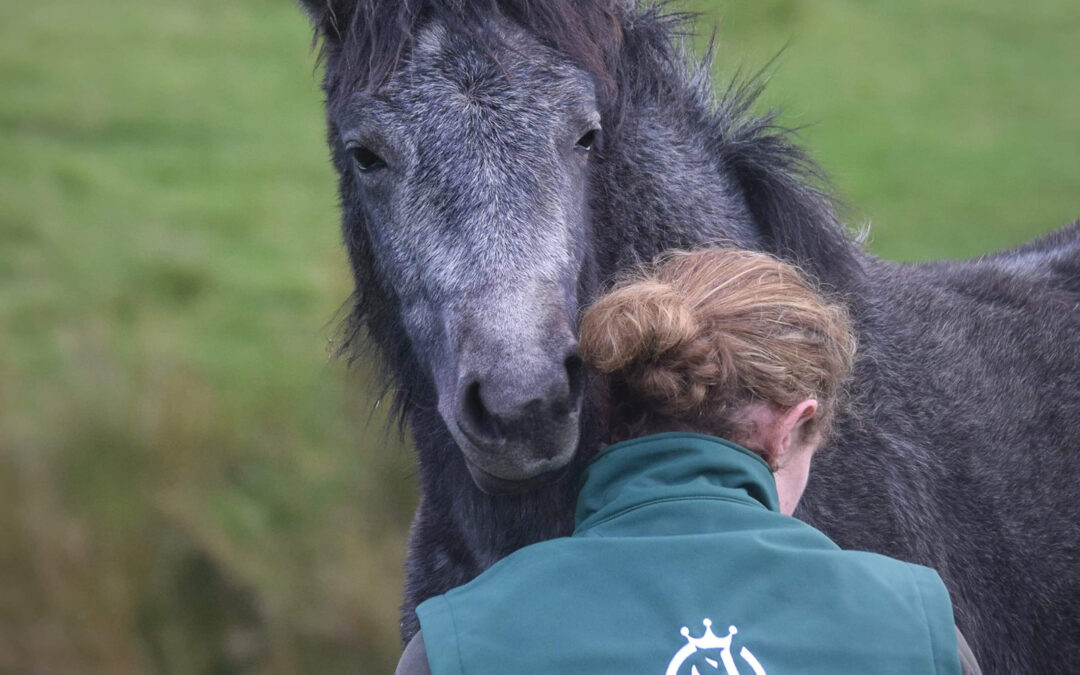We often get asked about which insurance companies equine owners should go with. Legally we are not allowed to recommend an individual company and we cannot give you more than guidance as it depends on what you need and what your budget is. Here are a few useful pointers to help when on the search for insurance for your horse or pony.
Things to check:
- What will the insurance cover?
- Pre-existing disease, illness or injury will not be covered by any policy started after the time of onset of illness.
- There is usually a period of 14 days where no claims can be made, except for accidents. Each company has different conditions placed on this, so it’s important to check what they are.
- Read the Terms and conditions carefully:
- “The devil is in the detail” and it’s important that you know what is covered and under what terms.
- For example many insurance companies will not cover horses for dentistry issues if they have been treated by a unqualified dentist. This is why it is vital that you check if the person you are dealing with are properly qualified and have a professional body they are registered with.
- What the full amount of cover is for veterinary care. Veterinary care amounts run from £500 to over £5000.
- For an idea of how much serious illness or injury costs:
- Colic surgery £5000+,
- Serious injury £700-3000,
- laminitis £700-£2000,
- Gastric ulcers £3000+.
- Tooth removals £300+
- Dental fillings £250+
- For an idea of how much serious illness or injury costs:
- Loss of use or death of the animal. It is important to understand the differences between these covers.
- Death cover is for the value of your horse or pony should it have to be euthanised due to illness under BEVA guidelines.
- www.beva.org.uk/Portals/0/Documents/ResourcesForVets/Humane%20Destruction.pdf
- Loss of use is when the job that the horse was insured for is no longer an option due to injury or illness. If they have gone through this process, the will have a “LOU” freeze brand in an obvious place on their body.
- It is very difficult to achieve loss of use on a horse as most policies will including “grazing cover” or “hacking” as part of a baseline cover.
- Does the insurance have money held separately (rather than included within the veterinary care fees) for what is known as complementary treatment such as remedial farriery and physiotherapy.
Finding the right insurance for you and your four legged friend is hard but hopefully some of these useful tips will help.

